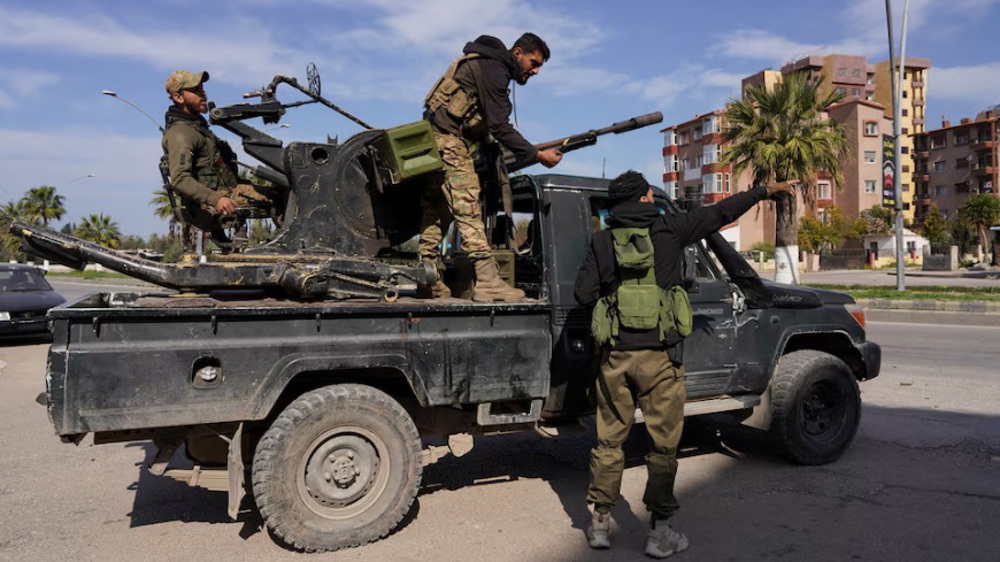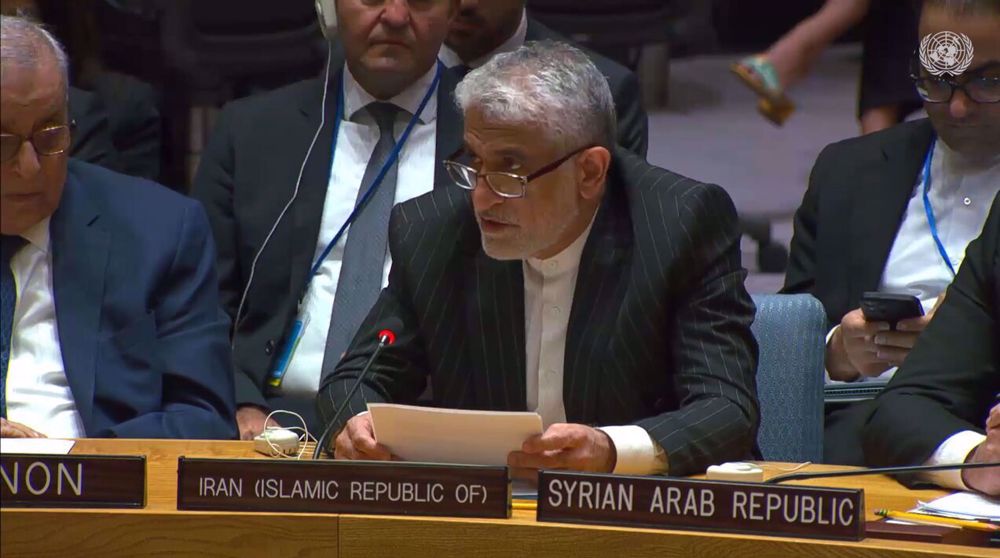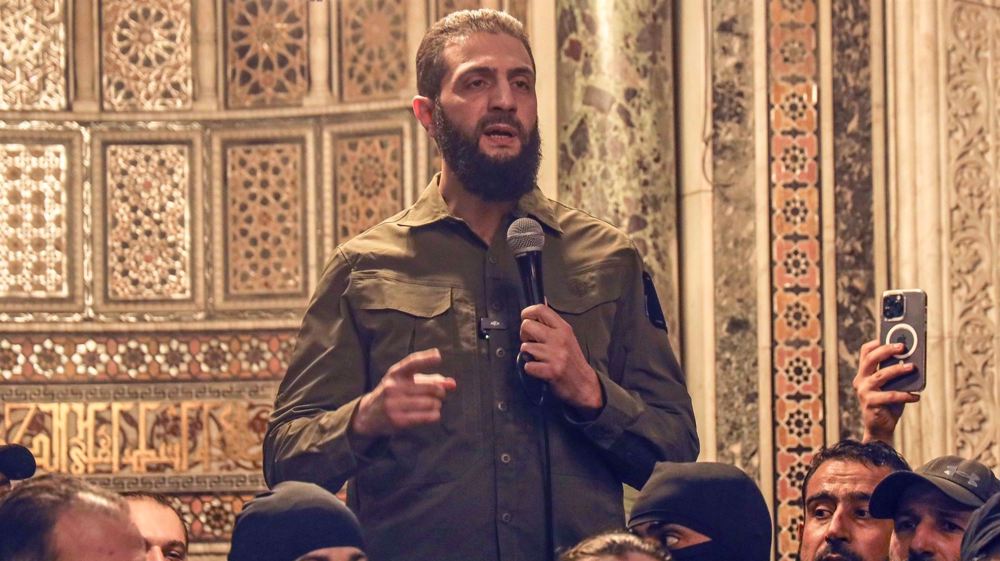Russia may deploy troops to police Syria’s de-escalation zones
Russia has announced that it may deploy troops to de-escalation zones in Syria after agreement from Turkey and Iran.
Russian negotiator Alexander Lavrentyev made the announcement during talks being held in the Kazakh capital Astana on Tuesday.
"Overall, (the agreement) provides for the presence of Russian military police in the buffer zones, but once again this matter has not been agreed yet…Depending on when the documents on safe zones are signed, I think one should expect concrete measures on the deployment of forces within 2-3 weeks," he said.
"So far it is hard to talk about presence of the Russian observers and representatives of the Russian defense ministry. But nevertheless overall there are plans for the Russian military police presence in the buffer zones. But still this matter has not been fully agreed yet. It will be related to the question about the status of de-escalation monitoring forces," he added.
The final document pertaining to the de-escalation zones are expected to be signed on Wednesday, he added, noting that the principles of the zones have already been agreed upon in the former rounds of the talks.
In May, Russia, Iran and Turkey agreed to establish four "de-escalation zones" in Syria.
Lavrentyev added that Russia and its partners are still engaged in negotiations concerning detailed maps and other conditions related to the Idlib province and southern regions while the borders of two other zones, in Homs province and near Damascus, had been agreed upon.
"One thing is to work with maps and another one is to apply it to reality on the ground which is rather complicated. And this process of course takes a long time. But nevertheless I would like to say that we have practically determined the contact lines and borders of the second and third de-escalation zones. We still have questions on Idlib and the southern zone," he added.
The fifth round of Astana talks kicked off earlier on Tuesday.
More than 2.5 million people are believed to be living in the general area of the four zones.
The Syrian army unilaterally announced a halt to fighting until midnight July 6 in one of the zones that spans the southern provinces of Dara’a, Quneitra, and Sweida.
Read More:
- 5th round of Syria talks begin in Astana
- Fourth round of Syria peace talks opens in Kazakh capital
- Syria militant delegation in Kazakhstan for peace talks

At Damascus’ request, Iran has been providing military advisory support to the Syrian military in its counterterrorism operations. Russia has been carrying out an aerial campaign in Syria, similarly in coordination with Damascus, since September 2015 to further boost the military’s anti-terror fight.
Last month, Iran also launched six medium-range ground-to-ground ballistic missiles at the Daesh-held Syrian town of Dayr al-Zawr in retaliation for the recent terror attacks in the capital Tehran.
Different foreign-backed terrorist groups have been wreaking havoc in Syria since 2011. Over the past few months, Syrian forces have made sweeping gains against Takfiri elements, who have lately increased their acts of violence across the country following a series of defeats on the ground.

HTS gunmen, allied militants kill over dozen Alawites in Syria’s Homs

Iran backs sovereign, stable Syria free of terrorism, UN envoy says

Syria’s HTS seeks normalization with Israel, Jolani writes to Trump
VIDEO | International Public Tribunal reports war crimes committed by Ukrainian neo-Nazis
Iran seeks concrete guarantees in nuclear talks with US, not promises: Sr. Lawmaker
Ben-Gvir met with chants of ‘war criminal’ during visit to US Capitol
Chinese president offers condolences to Iran over deadly port explosion
A new dawn in the Sahel: President Traore and Burkina Faso’s anti-imperialist rebirth
Hopeful signs in Iran-Africa ties as Tehran hosts third summit
Sexual exploitation weaponized by Zionist assets to demonize Britain's Muslim community
ICC bars chief judge from disclosing Israeli arrest warrants: Report










 This makes it easy to access the Press TV website
This makes it easy to access the Press TV website